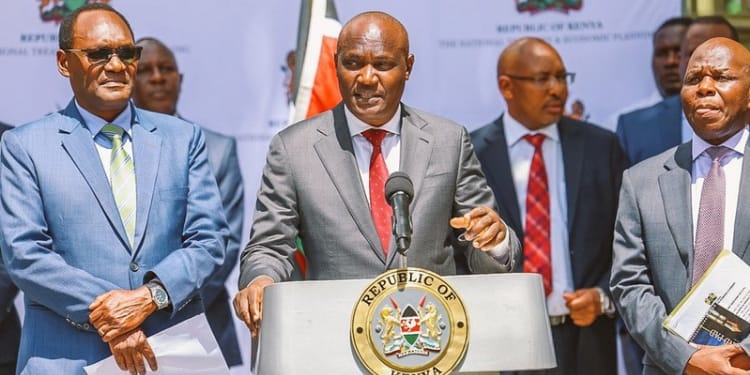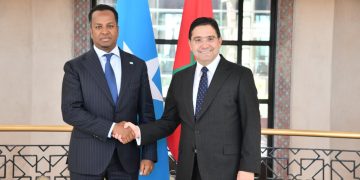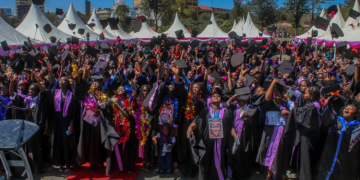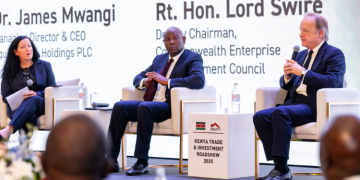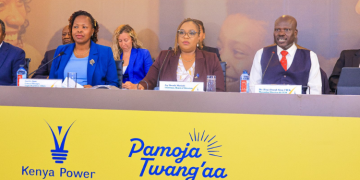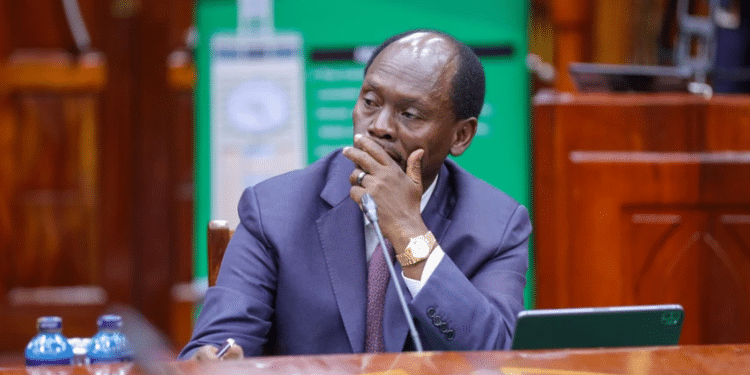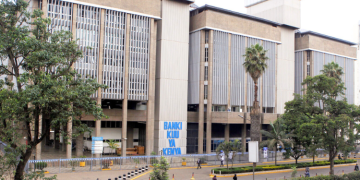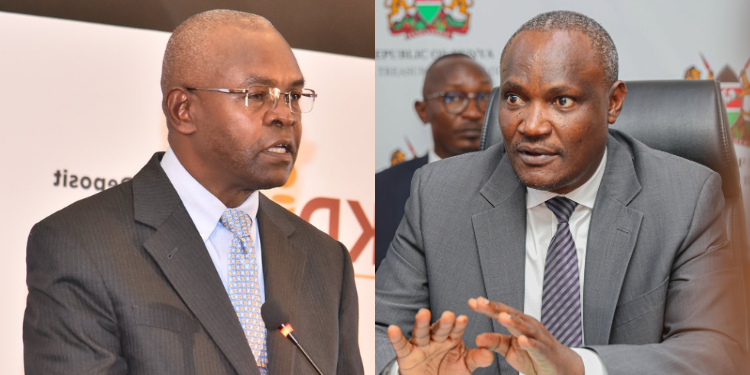The Central Bank of Kenya (CBK) will not remit dividends to the National Treasury this time round. This will be the first time the CBK has taken such action in seven years.
The regulator reported a Ksh 65.8 billion surplus for the financial year ended June 30, 2025, stating that this amount will be retained as part of its General Reserve Fund instead of being transferred to Treasury for the 2025 cycle.
The bank is working to raise its capital to Ksh 100 billion by 2027, up from the current Ksh 60 billion, as part of ongoing efforts to fortify its financial position.
“The surplus for the year was KSh 65.8 billion, consisting of Ksh 52 billion operating surplus and Ksh 13.8 billion unrealised gain. This entire surplus has been added to the General Reserve Fund,” CBK said in its audited financial statements.
CBK To Halt Dividends Remittance to Treasury in 2025
The bank’s directors therefore recommended no transfer of operational surplus to the Treasury IN 2025, compared to Ksh 30 billion paid in 2024.
This decision is part of the bank’s strategy to ensure it has enough capital and can withstand future financial disruptions.
In April 2024, the bank raised its authorized capital from Ksh 50 billion to Ksh 100 billion, allowing it to convert retained earnings into paid-up capital over time. During the 2024–2025 financial year, the bank’s paid-up capital increased to Ksh 60 billion, with general reserves rising to Ksh 357.3 billion from Ksh 300.7 billion the previous year.
These reserves help protect against potential losses from currency changes or economic instability.
This decision affects the National Treasury, which needs funds from dividends paid by state corporations to cover its budget gap. In previous years, CBK’s dividend payments, ranging from Ksh 2.5 billion to Ksh 30 billion, have provided important financial support. However, the Treasury is now facing tighter finances as it canceled plans to introduce new taxes after last year’s protests over high living costs.
Circumstances the Regulator May Withhold Treasury Dividends
The CBK is required under the Central Bank of Kenya Act (Cap. 491) to distribute its net annual profits to the National Treasury (via the Consolidated Fund) after mandatory allocations to its reserves. However, the Act outlines specific mechanisms for retaining (or “withholding”) portions of these profits for financial and operational purposes.
One of the key reasons the CBK may withhold dividends is to strengthen its capital base. To achieve this, it must retain a portion or even all of its profits rather than transfer them to the Treasury.
Another situation in which the CBK can withhold dividends arises when its surplus includes unrealised revaluation gains. These are paper profits that result from fluctuations in the value of foreign currencies or other assets but do not represent actual cash earnings.
Also Read: Only One Kenyan Bank Has Submitted New Loan Pricing Model- CBK
The bank can also withhold dividends to build up or maintain its general reserves, which act as a financial cushion against future losses.
Sometimes, the CBK may choose to keep earnings to prepare for potential financial risks, like currency instability or possible losses on its assets.
Follow our WhatsApp Channel and X Account for real-time news updates.
